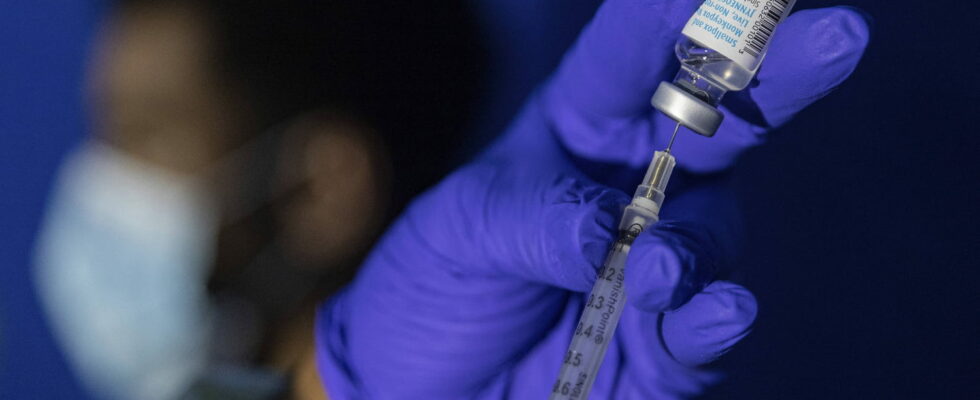France is getting ready to deal with the new variant of mpox, detected in a patient recently in Europe. A recognized vaccine exists, and 232 vaccination sites have opened in France, but who can claim it?
Gabriel Attal announced on Tuesday, August 20, that 232 vaccination sites were already open to deal with the possible arrival of the new Clade 1B strain of monkeypox (MPOX). This new variant has been raging for several months in certain African countries, and has since been discovered in Pakistan and Sweden on August 15, the day after the World Health Organization (WHO) activated the highest level of global alert.
Very quickly, the resigning Minister of Health, Frédéric Valletoux, declared that there was “a strong chance that sporadic cases” of the variant “will appear, and probably soon” in France, but the authorities immediately ruled out the possibility of a new lockdown or a situation comparable to that of covid-19.
This would not be the first time that cases of monkeypox have been detected in France, since 2022 several thousand people have been treated after contracting the disease and a strain of the disease is still circulating in the country. Even then, the smallpox vaccine was available. This time, and although it is a new variant, the vaccine from the Danish group Bavarian Nordic – the only pharmaceutical laboratory to have a vaccine approved by the health authorities against mpox – should be just as effective.
Who can get vaccinated?
Not all French people are encouraged to go to one of the 232 vaccination centers, set up to limit the risk of spread. People born before the 1980s have already had to receive the vaccine, which was mandatory in France until 1979. The individuals to whom the High Authority of Health recommends vaccination are:
- Men who have sex with men, those who have multiple partners, as well as trans people
- People returning from Congo where the disease is particularly present and where the risk of contamination is high
- Sex workers
- Women who are occasional or regular partners of a person belonging to one of the categories listed above
At this stage, health authorities indicate that this group of people concerned should not expand. Vaccination is done in two stages, with the second dose taken 28 days after the first. People who have already been vaccinated only need one dose, as do those who are immunocompromised. Over the past three years, nearly 150,000 French people have already been vaccinated and the country’s stocks should be more than sufficient in the event of a new wave of contamination. Especially since the Danish laboratory behind the vaccine has announced that it will increase its production to 10 million doses by 2025.
